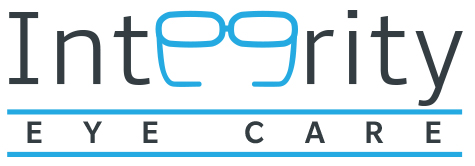You might not realize it, but your eyes change a lot over time! Just think about how different your vision is now compared to when you were a child.
Vision screenings at school or in the pediatrician’s office are no replacement for a pediatric eye exam. Vision problems can be missed, and even if they identify an issue, the recommendation is to visit a pediatric optometrist.
As children grow and develop, it’s important to have their eyes examined regularly by a pediatric optometrist to make sure they’re healthy and functioning properly. But how often should kids have their eyes examined? Let’s take a closer look.
Age 0-3 Years Old
During this age range, you should bring your child in for an eye exam at least once between the ages of 6 and 12 months. After that, if the doctor finds no signs of vision problems, you can wait until your child is 3 years old before scheduling another appointment.
Age 3-5 Years Old
If your child was not previously diagnosed with any vision problems, you should plan to bring them in for an eye exam before they start kindergarten. Once again, if the eye doctor finds no signs of vision problems, you can wait until your child is 5 years old before scheduling another appointment.
Age 5 and Older
If there are no vision problems, you should plan to bring your child in for a pediatric eye exam at least every two years. However, if your child wears glasses or contact lenses, you’ll need to schedule more frequent appointments so that the doctor can monitor their progress and make sure that their prescription is still accurate.
Pediatric Eye Exam – What to Expect
During a pediatric eye exam, the doctor will use special instruments to check things like the alignment of your child’s eyes and how well they focus. They’ll also test for things like amblyopia (lazy eye) and strabismus (crossed eyes). The exam will be quick and easy and usually won’t require any special preparation on your part.
Schedule a Pediatric Eye Exam at Integrity Eye Care
Kids can’t always tell you when they have a vision problem, but it can impact their ability to learn. If you notice any changes in your child’s behavior or think they may be having trouble seeing, please schedule an appointment with our office.



